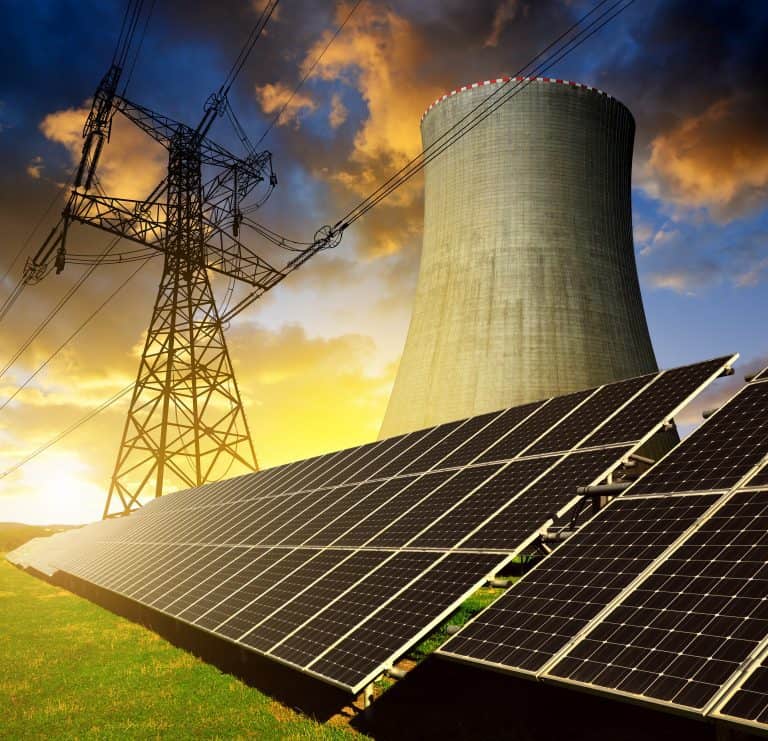The Empire Strikes Back

As anyone could have predicted, the growing dominance of solar and wind, based largely on their plummeting costs, is quite correctly perceived as a threat to the enormity of the fossil fuel industry, which is taking aggressive measures in several states to combat these clean energy resources.
What makes this more interesting is not that this counter force flies directly in the teeth of American’s attempt to clean up its energy, thus preserving the health of its people; skirmishes like these are never based on morals. But what is interesting is that the counteroffensive stunts the vigorous job growth that is associated with renewable energy. For that reason, attempts to put the brakes on solar and wind will meet considerable political opposition.
Wind turbine technician is one of America’s two fastest-growing jobs, along with solar installer, according to the U.S. Bureau of Labor Statistics. The governor of Iowa said recently, “Sure, I’m being asked to oppose the wind industry. But there are 114,000 jobs in wind, and lots of them work and pay taxes right here; Iowans get 30% of our energy from wind, and they think that’s a good thing. Do you really think I’m going to attack that?”
Here’s another way to view the economics at stake here. Bill McKibben was asked in an interview yesterday, “Isn’t there money to be made in solar and wind? Why doesn’t the energy industry just get on board?” He replied, “Companies can make profits, but they can’t make ExxonMobil profits. People can get rich, but they can’t get Koch brothers rich. That’s because the fuel is free. Once the system is in place, the money stops flowing; there exists no conceivable mechanism to charge people for wind and sunshine.”
That’s all you really need to know.
